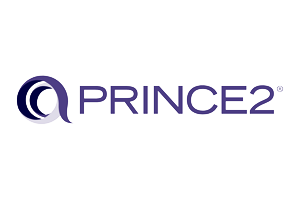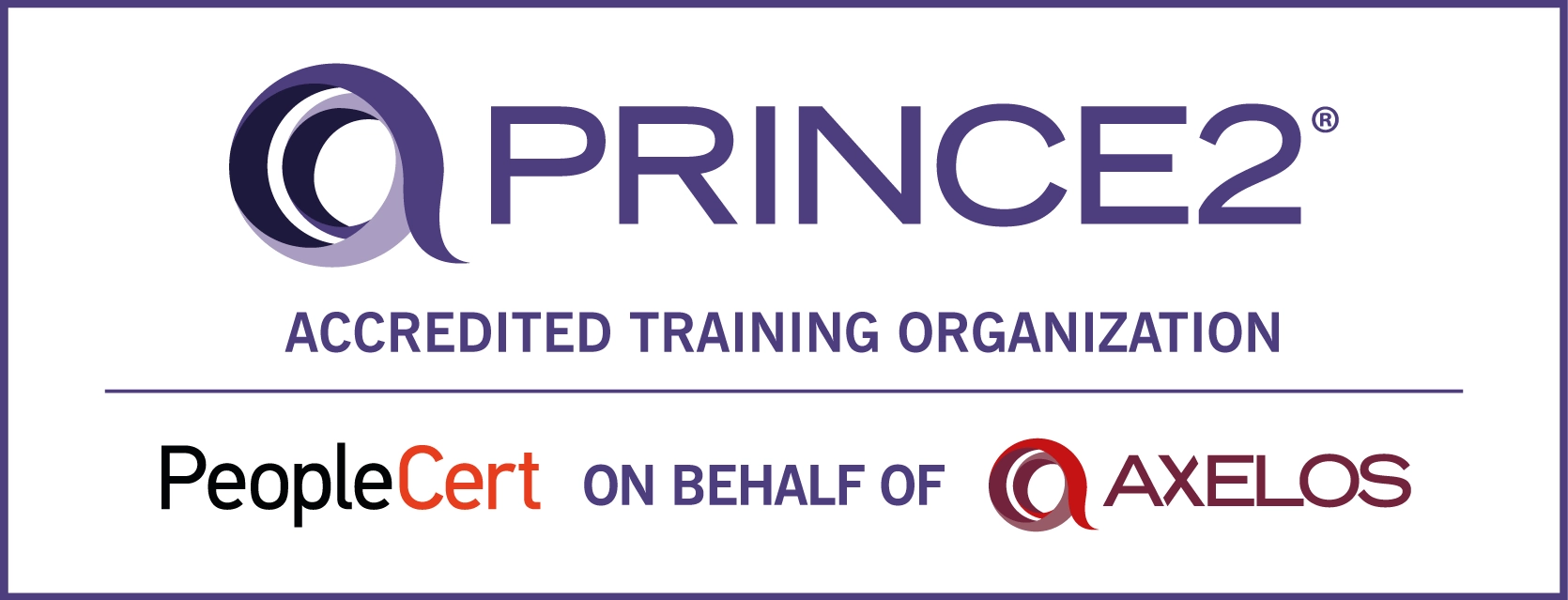A candidate for the Azure Data Engineer Associate certification should have
subject matter expertise integrating, transforming, and consolidating data
from various structured and unstructured data systems into structures that
are suitable for building analytics solutions.
Responsibilities for this role include helping stakeholders understand the
data through exploration, building and maintaining secure and compliant data
processing pipelines by using different tools and techniques. This
professional uses various Azure data services and languages to store and
produce cleansed and enhanced datasets for analysis.
An Azure data engineer also helps ensure that data pipelines and data stores
are high-performing, efficient, organized, and reliable, given a specific
set of business requirements and constraints. This professional deals with
unanticipated issues swiftly and minimizes data loss. An Azure data engineer
also designs, implements, monitors, and optimizes data platforms to meet the
data pipeline needs.
A candidate for this certification must have solid knowledge of data
processing languages, such as SQL, Python, or Scala, and they need to
understand parallel processing and data architecture patterns.



















